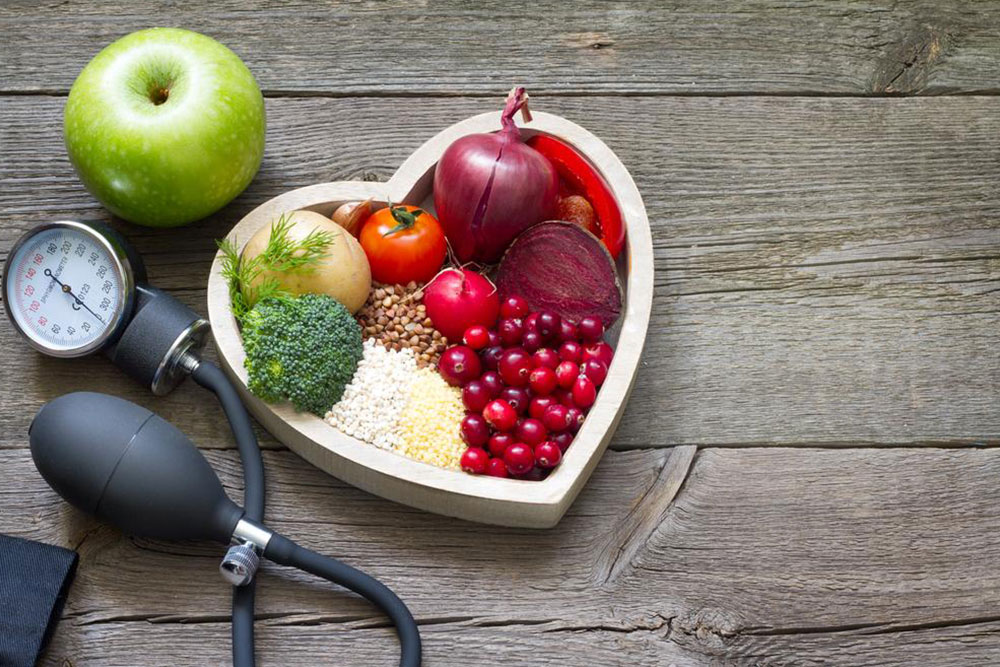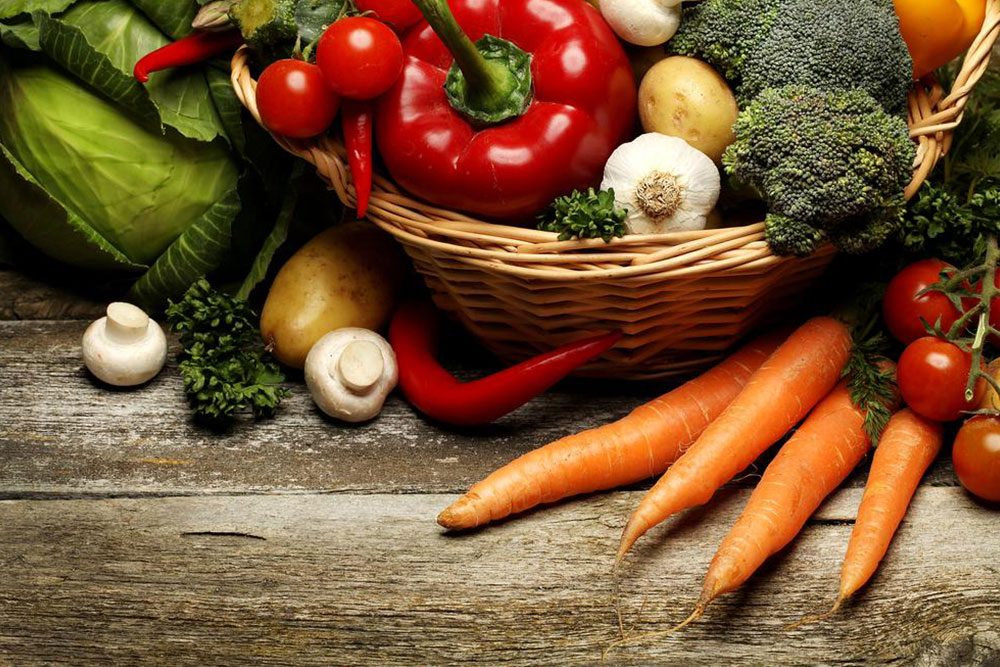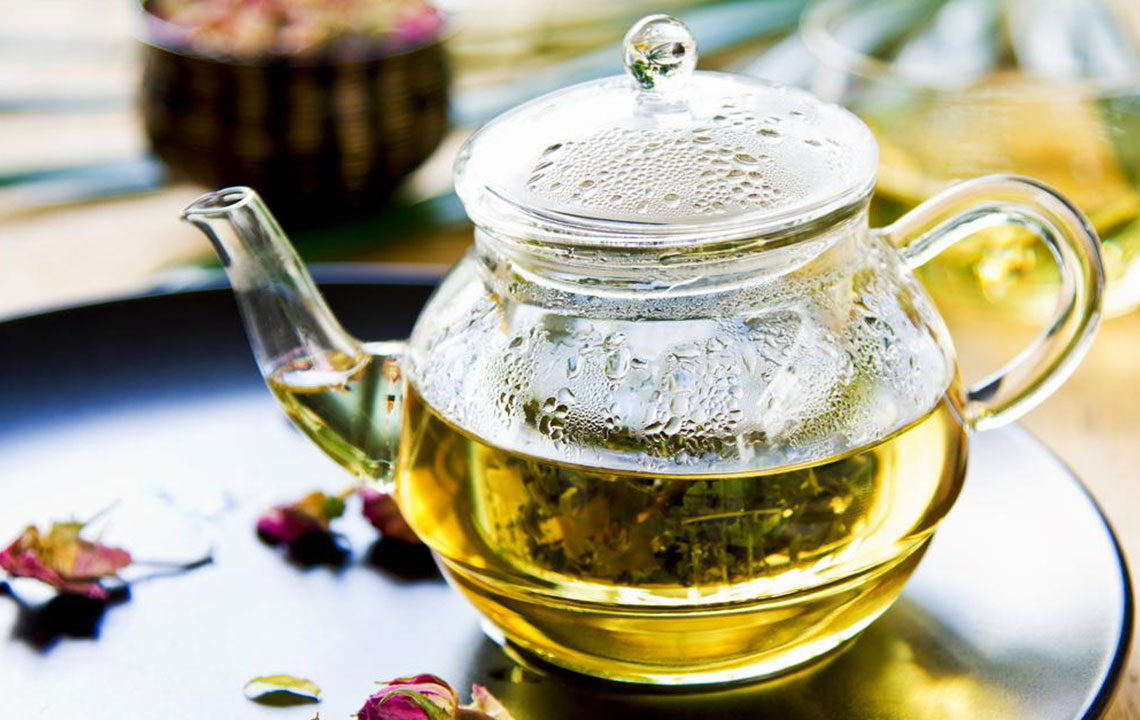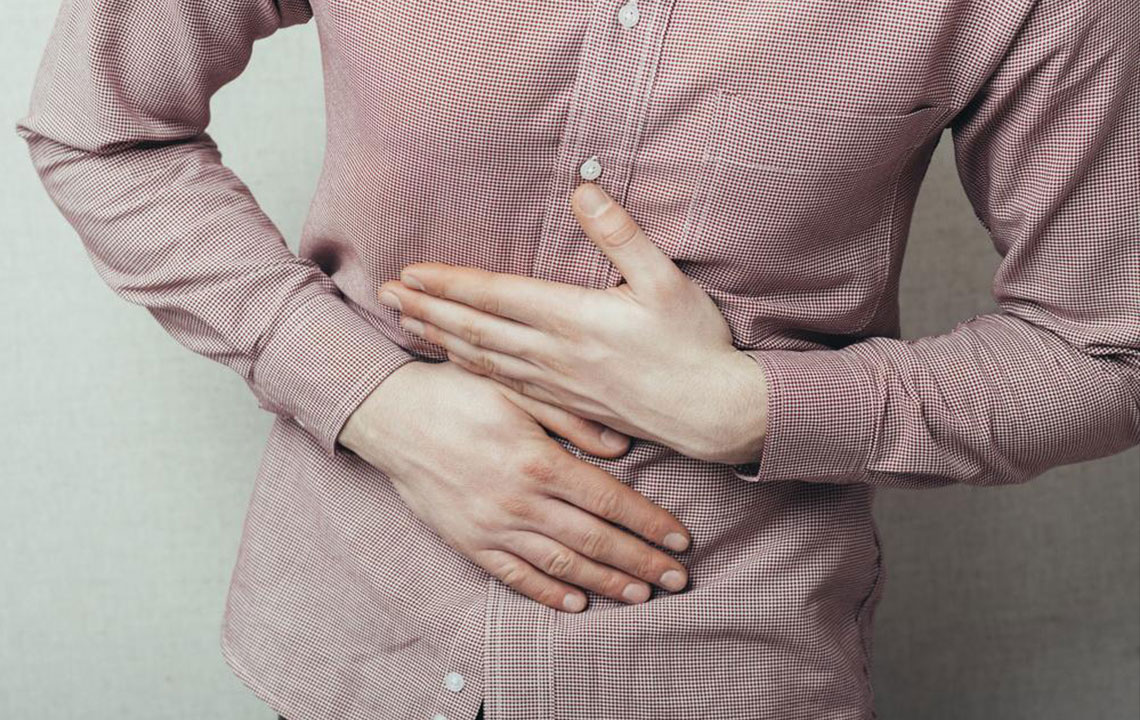Top Natural Foods to Relieve Menstrual Cramps and Enhance Comfort
Discover natural dietary solutions to alleviate menstrual cramps and discomfort. This comprehensive guide highlights six foods, including dark chocolate, hydrating water, calcium-rich greens, bananas, legumes, and omega-3-rich salmon, which can help reduce menstrual pain effectively. Incorporate these nutritious options into your diet to enjoy a more comfortable period, promote better digestion, and support overall well-being. Empower yourself with natural remedies and embrace a healthier lifestyle for menstrual relief tailored for women seeking holistic approaches.
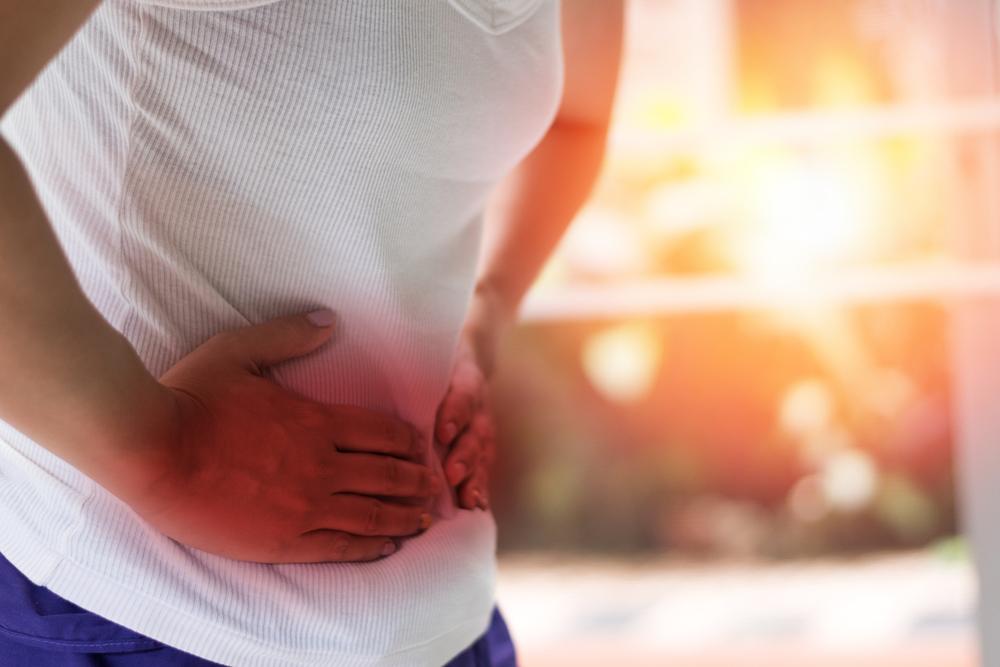
Experiencing menstrual discomfort can be a challenging part of many women’s lives, often affecting daily activities and overall well-being. Fortunately, certain dietary choices can significantly alleviate menstrual pain and make this period more manageable. Recognizing the impact of specific foods on menstrual symptoms allows for a proactive approach to pain relief and health improvement. During menstruation, hormonal fluctuations and the release of prostaglandins lead to uterine contractions, causing lower abdominal cramps that vary from mild aches to intense spasms. Incorporating a thoughtfully selected diet can help mitigate these symptoms naturally and effectively.
This article explores the top foods that can ease menstrual cramps and promote comfort naturally, empowering women to manage their symptoms through nutrition.
Dark Chocolate: Known for its high antioxidant content, dark chocolate is a delicious way to support menstrual health. It contains magnesium, which relaxes muscles and reduces pain. Moreover, dark chocolate can help elevate mood by boosting serotonin levels, making it an excellent choice to combat emotional symptoms associated with PMS. Choosing high-quality dark chocolate with at least 70% cacao ensures maximum health benefits without excess sugar or unhealthy fats.
Hydrating Water: Proper hydration is vital during menstruation to prevent dehydration, which can exacerbate cramps and cause feelings of fatigue. Drinking plenty of water helps keep the body hydrated, reducing abdominal discomfort, bloating, and water retention. Herbal teas, like ginger tea or chamomile, can also promote relaxation and provide additional relief from menstrual symptoms.
Calcium-Rich Foods: Calcium plays a crucial role in reducing muscle cramps and promoting relaxation of uterine muscles. Foods high in calcium such as almonds, dark leafy greens like spinach and kale, and sesame seeds can be incorporated into your diet. These non-dairy sources are especially beneficial for individuals who are lactose intolerant or prefer plant-based options. Maintaining adequate calcium intake may help decrease the severity and duration of menstrual cramps.
Bananas: Banana's high potassium content makes it an effective natural remedy for muscle cramps. Potassium helps balance fluids and electrolytes in the body, easing muscular contractions. During menstruation, bananas can help alleviate leg cramps, reduce bloating, and improve overall energy levels. Incorporating bananas into your daily diet during your period can support smoother muscle function and comfort.
Fiber-Rich Legumes and Beans: Legumes like lentils, chickpeas, and various beans are rich in dietary fiber, which aids digestion and prevents constipation—a common issue during periods. They also contain B vitamins that support energy production and nervous system health. The fiber content helps eliminate toxins, reducing inflammation and discomfort associated with hormonal fluctuations during your period.
Salmon: Salmon is abundant in omega-3 fatty acids and vitamin D, which possess potent anti-inflammatory properties. Consuming salmon regularly before and during menstruation can help lessen premenstrual syndrome (PMS) symptoms, including cramps and mood swings. The anti-inflammatory effects of omega-3s can also reduce prostaglandin levels, leading to less painful contractions of the uterus.
Incorporating these foods into your diet not only helps reduce menstrual pain but also promotes overall health and emotional well-being. A balanced nutritional approach can empower women to experience less discomfort during their periods naturally, without relying solely on medication. Remember, alongside dietary changes, maintaining a healthy lifestyle with regular exercise, adequate sleep, and stress management enhances these benefits, contributing to a more comfortable and manageable menstrual cycle.
